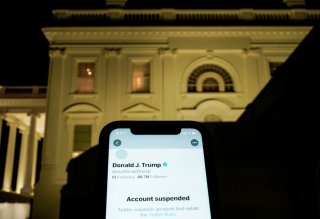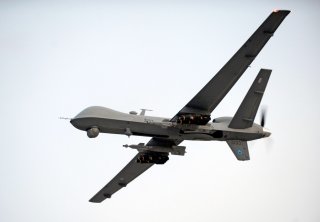by David Axe
 The Pakistani air force is acquiring more than a hundred JF-17s from China in order to complement older F-16s, Mirages and J-7s.
The Pakistani air force is acquiring more than a hundred JF-17s from China in order to complement older F-16s, Mirages and J-7s.To help the single-engine JF-17s target enemy warships such as India’s growing fleet of aircraft carriers, Islamabad’s air arm in 2017 and 2018 bought 60 CM-400AKG anti-ship missiles.
The CM-400AKG, a product of the Aviation Industry Corporation of China, is an unusual weapon. Unlike many other anti-ship missiles, it follows a high ballistic flight path.
The supersonic standoff missile first appeared in public at an air show in Zhuhai, China in 2012. The missile appeared in a display with the JF-17, a highly-evolved derivative of the MiG-21 that China has sold to Pakistan, Myanmar and Nigeria at a cost of around $30 million per plane.
Six years later, the Pakistani defense ministry revealed that it purchased 60 CM-400AKGs at a total cost of $100 million. The acquisition transformed the country’s JF-17s into potent ship-killers.
In 2018 photos circulated apparently depicting a JF-17 firing a CM-400AKG in a test that perhaps took place a few years earlier.










